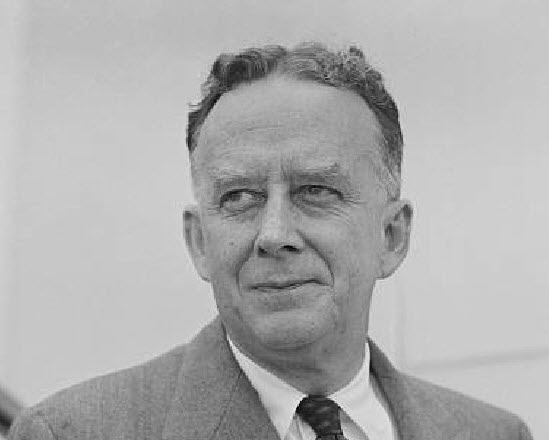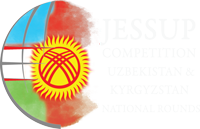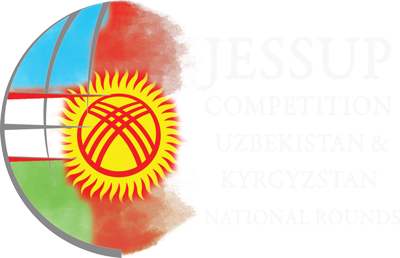The Competition
What is the Jessup Competition?
The Philip C. Jessup International Law Moot Court Competition is the world’s oldest and largest moot court competition, bringing together participants from over 680 law schools in 100 countries each year. The Competition is a simulation of a fictional dispute between countries before the International Court of Justice, the judicial organ of the United Nations.
The Jessup case (Compromis) is annually released in September, and addresses the timeliest issues of public international law. After the Compromis is released, students begin researching and preparing written and oral arguments for both sides of the dispute, and then compete against one another in the National Rounds for the right to represent their countries in Washington D.C, USA.
Each team prepares two written submissions (“Memorials”) and two 45-minutes oral pleadings for each party of the dispute (the “Applicant” and the “Respondent”). After Memorials are submitted by the deadline (usually in early January), teams prepare for oral presentation of their arguments, which are argued alternatively as Applicant and Respondent before a panel of judges, simulating a legal proceeding before the International Court of Justice.
The 2021 Jessup problem will address a global pandemic, and the obligations and responses of States with respect to the outbreak. It will also involve questions of the jurisdiction of the Court, a desperate claim for political asylum by an alleged rogue scientist, and State responsibility for a suspicious aircraft explosion.

International Rounds
Who is Philip C. Jessup?

′Scholar, practitioner, teacher, administrator, diplomat, judge, prolific writer – he moved from role to role, displaying in each his abundant gifts of character and intellect’ - Oscar Schachter
Philip Caryl Jessup, 1897–1986, was an American diplomat, scholar and authority on international law. He received his undergraduate A.B. degree from Hamilton College (1919), a law degree (LLB) from Yale Law School (1924) and a doctorate from Columbia University (1927). In 1925, he was admitted to the bar and from 1925 to 1961 taught international law and diplomacy at Columbia University.
He served (1943) in the foreign relief and rehabilitation office in the Department of State and later was (1943–44) assistant secretary-general of the United Nations Relief and Rehabilitation Administration and a delegate (1944) at the Bretton Woods monetary conference. In 1948, he served in the UN General Assembly and later became U.S. delegate on the UN Security Council and took a leading part in the UN debate on the Berlin blockade.
In 1960, Jessup was elected to become a member of the International Court of Justice at The Hague, where he served until 1970. One of the most notable cases during his service was South West Africa case (1966), where he wrote a long and stinging dissent from the decision.

